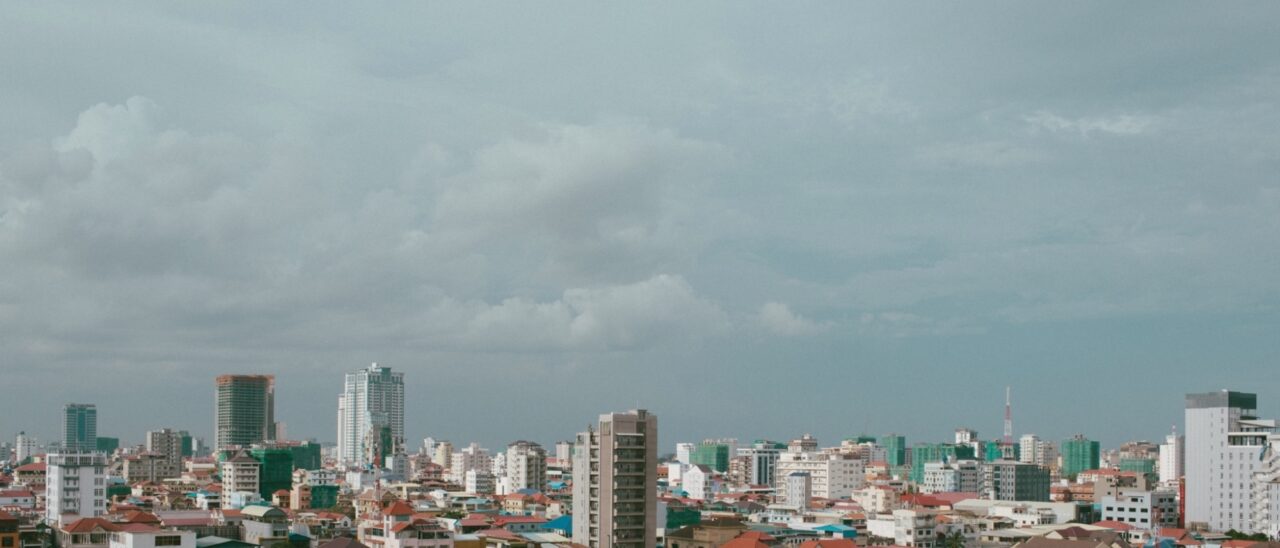
Cambodia Study
Background
In the early 2000s, research reported by the Cambodian government estimated the prevalence of minors being exploited in the commercial sex industry was as high as 30% in the city of Phnom Penh. Globally, Cambodia was viewed as the poster child for the commercial exploitation of children, especially minors under 15 years-old.
In 2003, NBC’s Dateline came alongside International Justice Mission (IJM) in an undercover investigation that revealed pre-pubescent children as young as 6 being openly marketed to sex tourists and pedophiles to a shocked and horrified world. The police were not active in investigating trafficking and holding perpetrators accountable, victims were criminalized and neglected, citizens and civil society had very little expectation that the justice system could respond, and there were little to no aftercare resources for those victims who were able to escape and seek help.
But the heartbreaking picture of a broken public justice system allowing very young girls to be openly sold for sex in a rampant sex trade is no longer an accurate reflection of Cambodia today.
Study & Results
A 2015 prevalence study conducted by IJM finds that the prevalence of minors in the commercial sex trade in the three largest commercial sex markets in the country - Phnom Penh, Siem Reap and Sihanoukville - has dropped to 2.2% with minors 15 years and younger making up just 0.1% of the sex industry. This represents a 73% reduction in the presence of minors in just three years since IJM conducted its last prevalence study in 2012.
Though there are serious improvements still to be made, through the collaborative efforts of numerous organizations, individuals and key international and Cambodian government leaders, significant progress has been made in the past decade to considerably decrease the epidemic of child sex trafficking that once plagued the nation.
Not only has there been a reduction in the prevalence of minors in the commercial sex industry, but Cambodia has seen an increased capacity of its anti-trafficking police and courts to enforce trafficking laws and hold perpetrators accountable for their crimes, strong government leadership guiding national counter-trafficking efforts—including a national plan of action and improved laws, an increase in public expectation and demand for a justice system response, and the development of best practices in aftercare services with increased restoration rates and better victim recovery services.
Cambodia's Future
Improvement is still needed in many areas—including the expansion of law enforcement training and accountability to more remote provinces, obtaining legal undercover investigative authority for anti-trafficking police, issuing more comprehensive rules of evidence and standardized procedures, ensuring robust victim witness support services at every stage of the public justice system, releasing mandatory deportation protocol for foreign convicted sex offenders, and ensuring sufficient operational budgets for anti-trafficking police and government social services. With support from international governments and dozens of respected organizations, including IJM, the Cambodian justice system is focused on combating the remaining prevalence and building on the current progress to ensure an even more effective justice system response in every province across the nation.
There is still work to be done and other human rights abuses that require our attention, but, today, Cambodia is a safer place for young girls.
This demonstration of progress shows the world that justice for the poor is possible.
Cambodia Prevalence Study Press Release
Contact:
Petra Kooman
Director of Marketing and Public Relations
(519) 679-5030 x.229
pkooman@ijm.ca